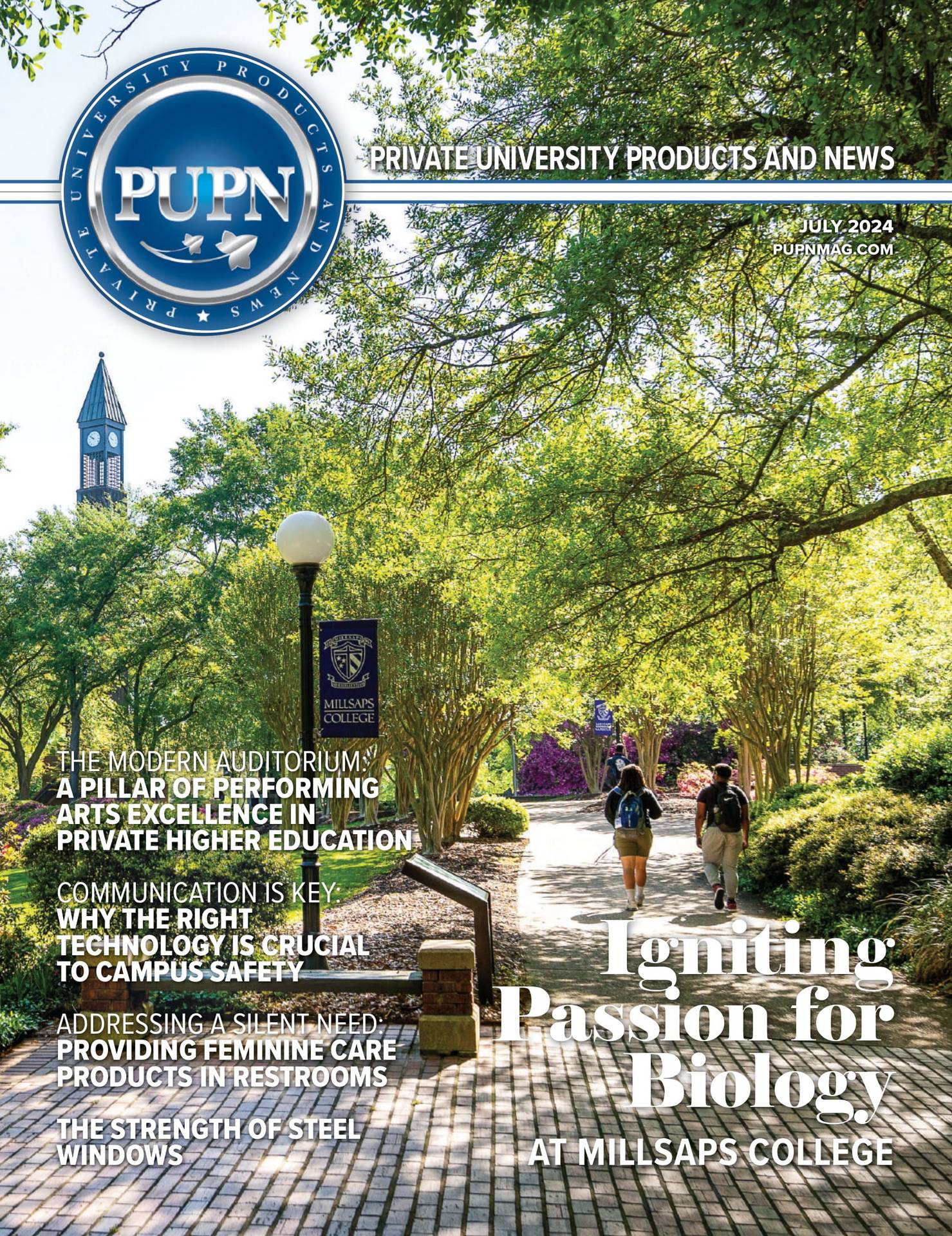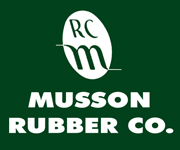In light of this fast-growing trend, we’ve looked into the latest landscape equipment needed to uphold the immaculate appearance of college campuses, explored the latest green technologies available, and identified top strategies for maintaining equipment to ensure seamless operations. Here’s what we found.
The Campus Oasis: Landscaping Needs and Challenges
College campuses serve as microcosms of society, bustling with life and activity. However, amid the buzz of academia, the serene landscapes play a pivotal role in fostering an environment conducive to learning and living. Maintaining these green spaces is no small feat. Groundskeepers and maintenance crews face a myriad of challenges, from mowing vast lawns to pruning intricate gardens, all while adhering to sustainability goals.
Landscaping Equipment Essentials
At the heart of campus maintenance operations lies a diverse array of landscaping equipment, each serving a specific purpose in the quest for pristine grounds. These essentials include:
1. Lawn mowers: From traditional gas-powered mowers to electric and even robotic variants, the choice of lawn mower greatly influences both efficiency and environmental impact.
2. Trimmers and edgers: Vital for maintaining neat edges along walkways and flowerbeds, trimmers and edgers come in electric or battery-powered models, offering alternatives to their gasoline counterparts.
3. Leaf blowers and vacuums: Keeping pathways clear of debris and fallen leaves is essential for safety and aesthetics. Electric leaf blowers and vacuums provide quieter and emission-free alternatives.
4. Sprayers and spreaders: For fertilizing lawns, controlling pests, and spreading seeds, sprayers and spreaders are indispensable tools. Opting for precision equipment minimizes waste and environmental harm.
5. Utility vehicles and carts: Transporting tools, plants, and waste across expansive campuses requires durable utility vehicles and carts. Electric models reduce emissions and noise pollution.
Green Technology Revolutionizing Campus Landscaping
In recent years, advancements in green technology have transformed the landscape maintenance industry, offering innovative solutions to traditional challenges. Colleges across the globe are embracing these eco-friendly alternatives to uphold their commitment to sustainability. Some notable technologies include:
1. Solar-powered equipment: Leveraging renewable energy sources, solar-powered lawn mowers, trimmers, and even irrigation systems are gaining popularity. By harnessing the sun’s energy, these tools significantly reduce carbon emissions and operating costs.
2. Battery-powered tools: Lithium-ion battery technology has revolutionized landscaping equipment, offering cordless alternatives to gas-powered counterparts. Battery-powered tools are quieter, emit zero emissions during use, and eliminate the need for gasoline storage.
3. Smart irrigation systems: Water conservation is a paramount concern for campuses. Smart irrigation systems use sensors and weather data to optimize watering schedules, prevent overwatering, and reduce water waste.
4. Biodegradable landscaping products: From mulch to fertilizers, colleges are increasingly opting for biodegradable and organic landscaping products. These eco-friendly alternatives minimize environmental impact while promoting soil health and biodiversity.
5. Precision landscaping technologies: GPS-guided mowers and robotic lawn care systems offer precise and efficient maintenance solutions. By mapping out designated mowing zones and avoiding obstacles, these technologies optimize resource utilization and labor efficiency.
Maintaining the Fleet: Strategies for Success
While embracing green technology is a pivotal step towards sustainability, maintaining the fleet of landscaping equipment is equally crucial to ensure uninterrupted campus operations. Key strategies for fleet maintenance include:
1. Regular inspections and maintenance: Implementing a comprehensive inspection and maintenance schedule helps identify issues early and prevent costly breakdowns. Routine tasks such as oil changes, blade sharpening, and filter replacements are essential for equipment longevity.
2. Staff training and education: Proper training ensures that maintenance crews operate equipment safely and efficiently. Training programs should cover equipment operation, maintenance procedures, and safety protocols.
3. Inventory management: Keeping track of spare parts and consumables is essential for minimizing downtime. Maintaining an organized inventory and establishing procurement protocols streamlines equipment maintenance and repairs.
4. Data-driven maintenance: Leveraging technology for predictive maintenance can preemptively address equipment failures before they occur. Utilizing telemetry systems and equipment diagnostics software provides insights into equipment health and performance.
5. Sustainability integration: Incorporating sustainable practices into fleet maintenance, such as utilizing biodegradable lubricants and eco-friendly cleaning products, aligns with campus sustainability goals and reduces environmental impact.
As colleges strive to cultivate sustainable environments, the role of landscaping equipment and practices cannot be overstated. By embracing green technology and adopting eco-friendly practices, institutions are revolutionizing campus maintenance operations while reducing their ecological footprint. Through careful maintenance and strategic investment in innovative solutions, college campuses can continue to flourish as vibrant oases of sustainability amid urban landscapes.










